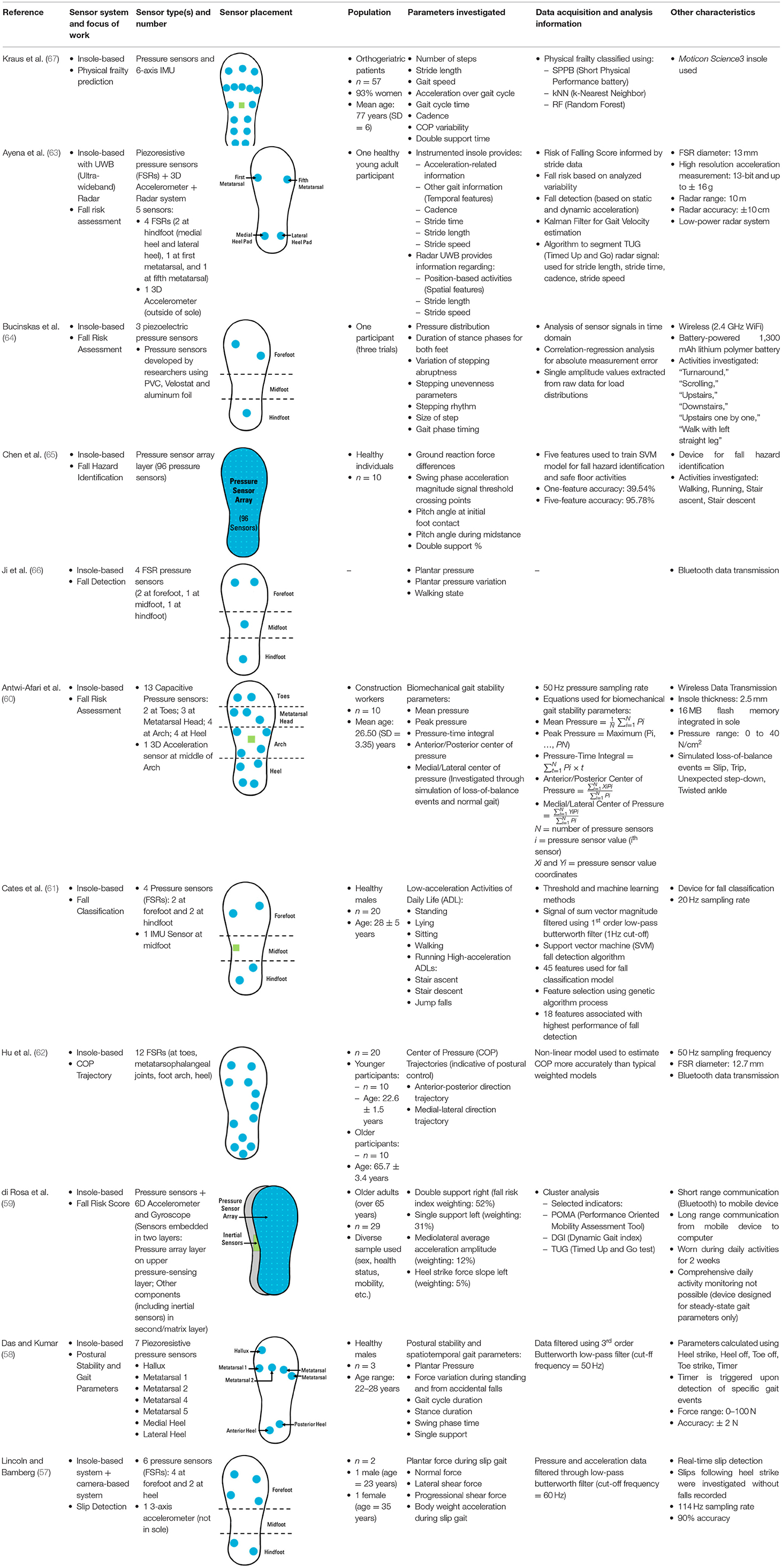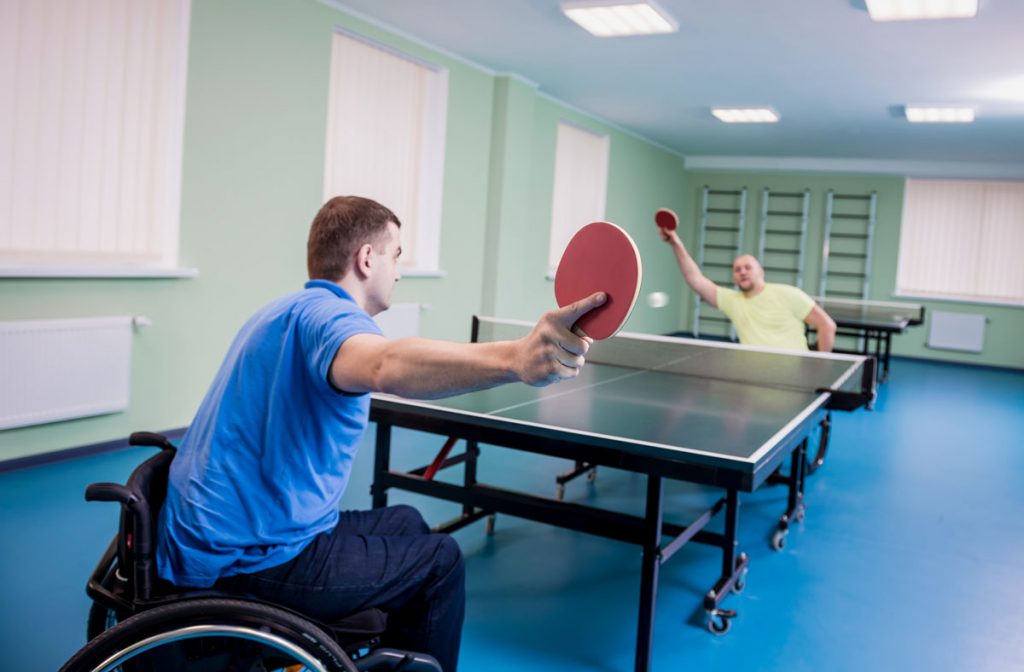Getting My Dementia Fall Risk To Work
Getting My Dementia Fall Risk To Work
Blog Article
The Definitive Guide to Dementia Fall Risk
Table of ContentsSome Ideas on Dementia Fall Risk You Should KnowDementia Fall Risk Fundamentals ExplainedThe Main Principles Of Dementia Fall Risk Some Of Dementia Fall RiskHow Dementia Fall Risk can Save You Time, Stress, and Money.
The FRAT has 3 sections: fall threat status, risk variable list, and activity strategy. A Loss Danger Standing consists of data concerning background of current falls, drugs, mental and cognitive standing of the patient - Dementia Fall Risk.If the patient ratings on a risk variable, the corresponding variety of factors are counted to the person's autumn danger score in the box to the far appropriate. If an individual's autumn threat score totals 5 or greater, the person is at high danger for falls. If the person scores just 4 factors or reduced, they are still at some threat of falling, and the nurse must use their finest scientific evaluation to take care of all autumn threat factors as component of a holistic care strategy.
These standard approaches, in general, aid establish a secure environment that minimizes accidental drops and delineates core preventive measures for all patients. Signs are essential for people at danger for drops.
Getting My Dementia Fall Risk To Work
Wristbands should consist of the person's last and very first name, date of birth, and NHS number in the UK. Information ought to be printed/written in black against a white background. Only red color ought to be made use of to signify unique client condition. These recommendations are regular with current advancements in individual identification (Sevdalis et al., 2009).
Things that are as well far might call for the patient to reach out or ambulate unnecessarily and can possibly be a risk or add to falls. Assists prevent the client from heading out of bed with no aid. Nurses react to fallers' phone call lights extra swiftly than they do to lights launched by non-fallers.
Visual impairment can substantially cause falls. Hip pads, when put on appropriately, might reduce a hip crack when autumn takes place. Maintaining the beds closer to the floor reduces the risk of drops and severe injury. Placing the mattress on the floor considerably lowers loss threat in some health care settings. Low beds are developed to minimize the range a patient drops after relocating out of bed.
The smart Trick of Dementia Fall Risk That Nobody is Talking About
Patients that are tall and with weak leg muscular tissues who try to rest on the bed from a standing setting are most likely to fall onto the bed since it's as well low for them to reduce themselves securely. If a tall client attempts to obtain up from a reduced bed without help, the patient is most likely to drop back down onto the bed or miss the bed and fall onto the flooring.
They're created to advertise timely rescue, not to protect against falls from bed. Aside from bed alarms, enhanced supervision for risky patients likewise might aid prevent drops.

Clients with a shuffling stride rise loss possibilities substantially. To minimize loss risk, shoes need to be with a little to no heel, slim soles with slip-resistant walk, and sustain the ankle joints.
The 25-Second Trick For Dementia Fall Risk
In a research study, homes with adequate illumination report less drops (Ramulu et al., 2021). Renovation in lighting at home may minimize loss rates in older adults.

Caretakers are reliable for assuring a secure, protected, and risk-free environment. Research studies demonstrated really low-certainty evidence that caretakers click here to read lower fall risk in intense treatment medical facilities and only moderate-certainty that choices like video clip monitoring can minimize caretaker usage without enhancing fall risk, recommending that caretakers are not as beneficial as originally believed (Greely et al., 2020).
The Buzz on Dementia Fall Risk

Increased physical fitness reduces the threat for falls and limits injury that is received when fall takes place. Land and water-based exercise programs might be similarly helpful on balance and gait and thus minimize the risk for falls. Water workout might add a positive benefit on equilibrium and stride for women 65 years and older.
Chair Rise Workout is a straightforward sit-to-stand exercise that aids strengthen the muscle mass in the upper legs and butts and enhances flexibility and self-reliance. The goal is to do Chair Rise exercises without making use of hands as the customer becomes more powerful. See resources section for an in-depth guideline on how to perform Chair Rise workout.
Report this page